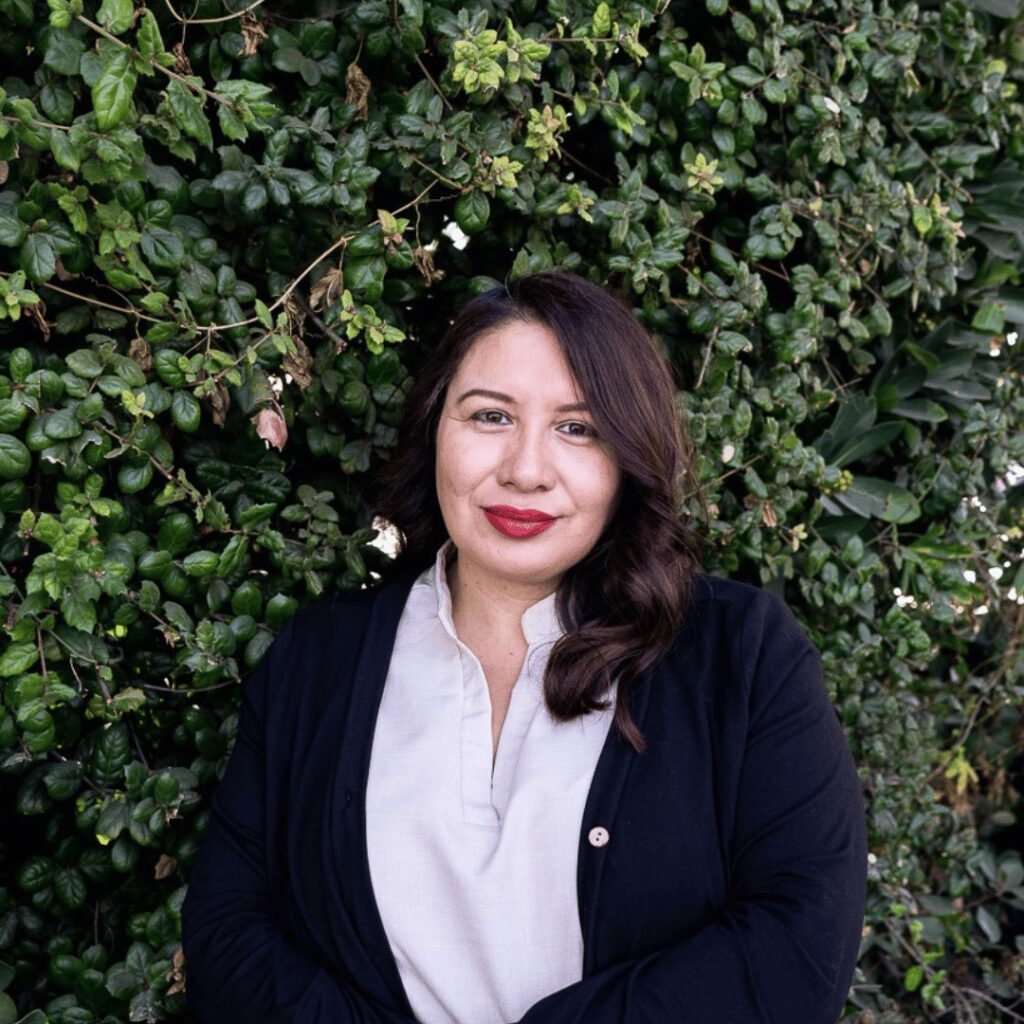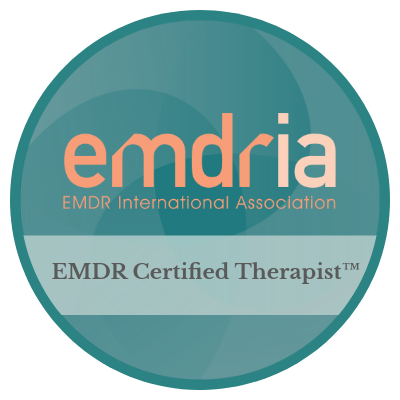Depression is a relatively common illness. The World Health Organization (WHO) estimates that 350 million people worldwide suffer from depression. Depression is a persistent feeling of sadness, loneliness, grief, uselessness, guilt, shame, and emotional pain. Many people also complain of physical symptoms such as headaches, fatigue, and changes in sleep and eating patterns. Depression can impact the ability to function in school, home, work and community. If not treated at the right time, it can lead to a person having thoughts of suicide or self harm and can lead to suicide.
Depression is treatable and there are many effective treatments. Cognitive Behavioral Therapy (CBT) has been shown to be widely effective in treating depression. I’ve been extensively trained in treating depression in children, adolescents and adults. I conduct a thorough assessment to understand all the contributing factors, symptoms and current problems. I keep safety concerns at the forefront of treatment. Together we will discuss and prioritize which goals to work on. Most people find that engaging in physical activities and reintroducing pleasurable activities back into their lives jump-starts their recovery. Others find relief when they start talking about and being aware of their negative thoughts. I help people understand these thoughts, where they came from, how they were reinforced through time, and lastly, how true and useful they are. In my practice, I also help people highlight what their fundamental values are and take steps to living according to those ideals in a way in which makes them feel better, find meaning and develop a life worth living.
Keep in mind that not everyone meets full criteria for a Major Depressive Episode or Disorder. Lots of people suffer from Dysthymia otherwise known as, “high functioning depression” or “smiling depression.” People with high functioning depression can lead very productive lives, many times with good academic success, full time jobs, and stable relationships. It’s due to this high functioning that it can be incredibly difficult to detect in teens or adults since they may not be “looking or acting” depressed. However, they still chronically suffer from a deep sadness that’s difficult to shake off. Many times, it’s these individuals who fall through the cracks and don’t receive the help they need until the depression worsens and their functioning begins to suffer.
Below is the DSM 5 Diagnostic Criteria for Major Depressive Disorder (must meet 5 out of 9 symptoms).
1. Depressed mood or irritable most of the day, nearly every day, as indicated by either subjective report
(e.g., feels sad or empty) or observation made by others (e.g., appears tearful).
2. Decreased interest or pleasure in most activities, most of each day
3. Significant weight change (5%) or change in appetite
4. Change in sleep: Insomnia or hypersomnia
5. Change in activity: Psychomotor agitation or retardation
6. Fatigue or loss of energy
7. Guilt/worthlessness: Feelings of worthlessness or excessive or inappropriate guilt
8. Concentration: diminished ability to think or concentrate, or more indecisiveness
9. Suicidality: Thoughts of death or suicide, or has suicide plan
If you believe that you or a loved one is at risk of harming themselves or others, you are urged to call 9-1-1, go to your nearest emergency room or call the Los Angeles County Department of Mental Health Access hotline at 1 (800) 854-7771 for assistance.



